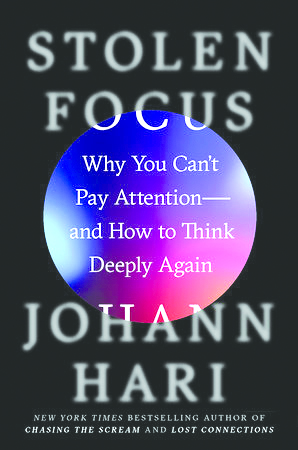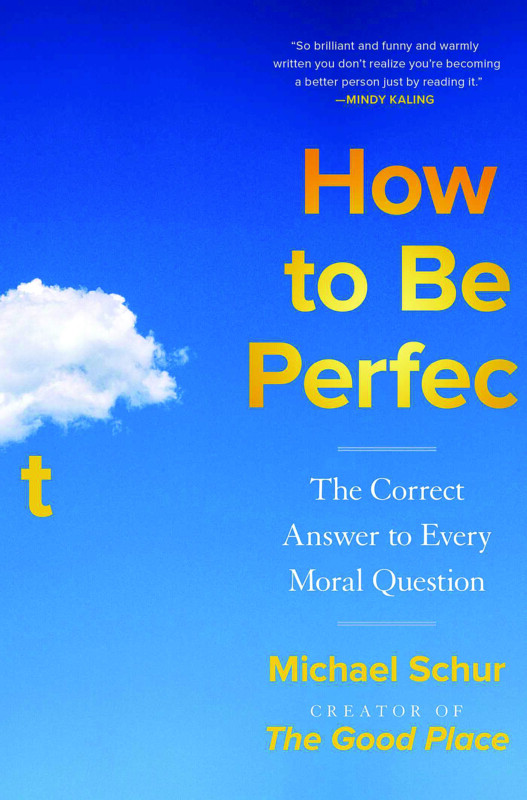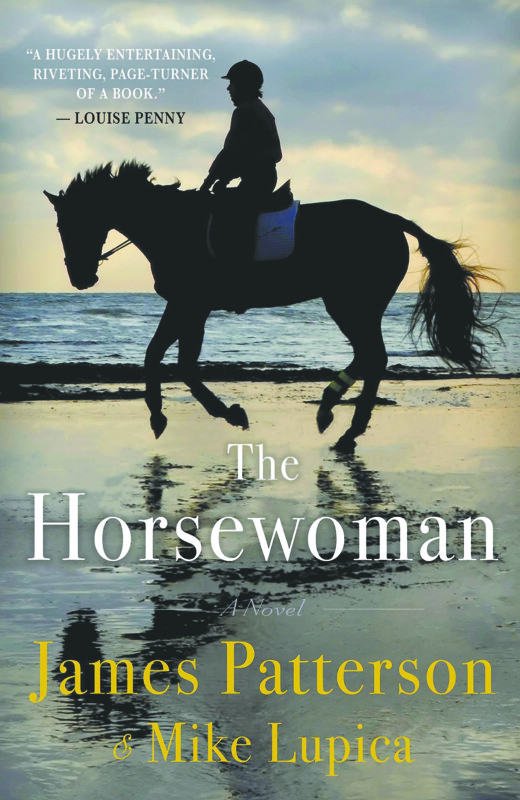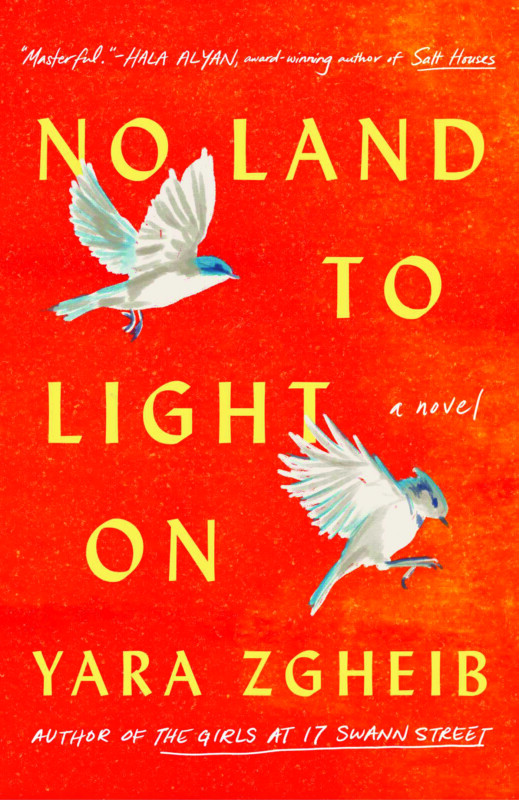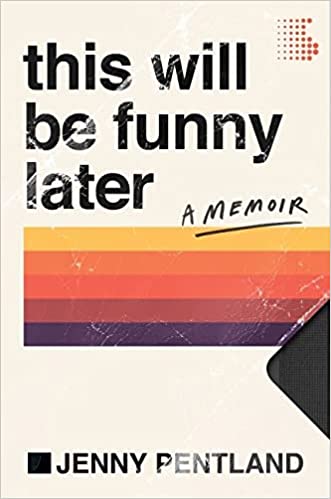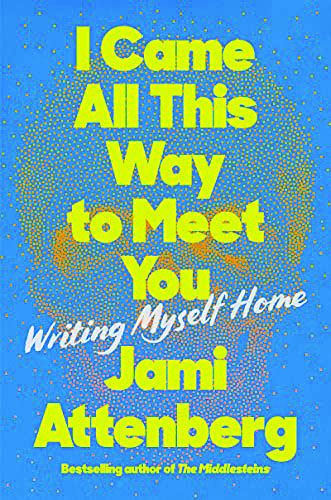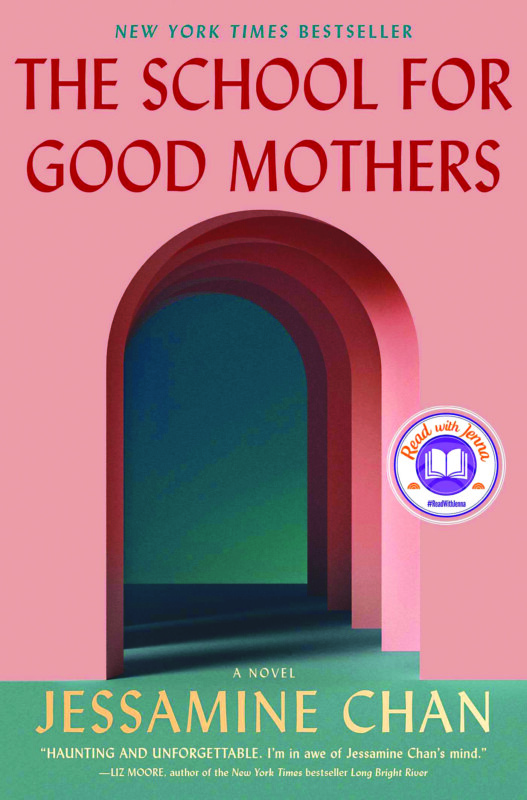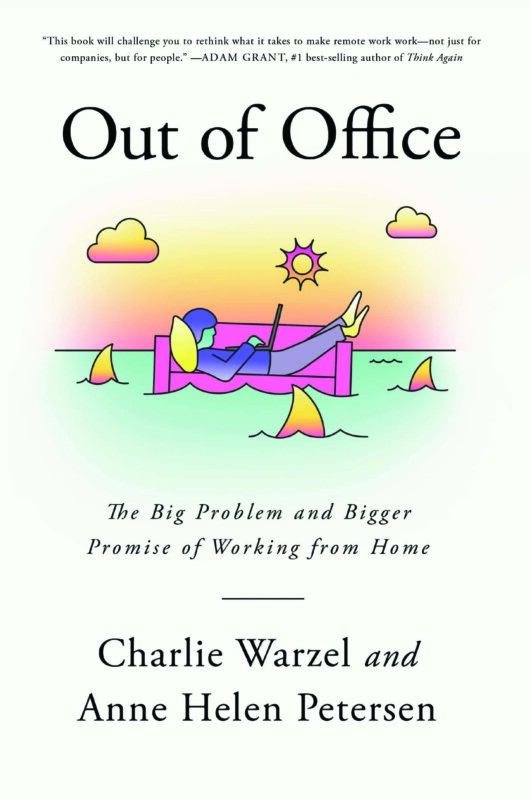Stolen Focus, by Johann Hari (Crown, 345 pages)
The late Harvard professor B.F. Skinner became famous for animal experiments that he believed destroyed the idea of free will. Animals can be manipulated to perform an action by repeatedly offering them a reward until their behaviors become ingrained, similar to Pavlov’s salivating dog. Humans, being animals, are basically the same as pigeons in how we respond to rewards. So when we go to Instagram or Twitter looking for “likes,” we’re the equivalent of a Skinner’s pigeon extending its left wing and expecting a treat.
That’s one of the many unsettling images British writer Johann Hari puts forth in his blistering critique of what the digital world has wrought. Researchers have been watching our attention spans shrink over the past few decades and have theorized that this is occurring not only because of the processing speed of all the digital tools we use, but also because of sheer information overload.
The average worker spends about three minutes on a task before being distracted by something else, and it doesn’t matter whether it’s an incoming text or Slack message, a call from your boss or the siren call of TikTok. After we’re interrupted, it takes an average of 23 minutes to get back into a state of deep focus. This isn’t only a problem in terms of our ability to accomplish the things on our to-do list, but has more profound implications than any individual’s stress.
When our ability to pay attention deteriorates, so does our ability to solve problems, Hari says. “Solving big problems requires the sustained focus of many people over many years. Democracy requires the ability of a population to pay attention long enough to identify real problems, distinguish them from fantasies, come up with solutions, and hold their leaders accountable if they fail to deliver them,” he writes. (Unrelated to the book, I’ve seen commentators remark lately that America’s involvement in Ukraine will only last as long as Twitter will continue to pay attention to what Russia is doing there.)
For Hari, the societal decline in focus became personal and urgent when he took his godson, a high-school dropout who was obsessed with screens, to visit Elvis Presley’s estate, Graceland. While this was supposed to be a trip of human connection, they were given iPads and earbuds to use while walking around. Hari watched as a couple got obsessed with looking at the images of Presley’s “Jungle Room” on the iPad — while they were standing in the Jungle Room. In a darkly funny moment, he told them, “There’s an old-fashioned form of swiping you can do. It’s called turning your head. Because we’re here. We’re in the Jungle Room.”
But Hari knew that, in different ways, he was as addicted to screens as the couple he chastised, and decided to spend three months in Provincetown without any form of connection to the internet. His experience there, however, is a fraction of Stolen Focus, which is built more on research than anecdote, and as such is a damning indictment of the attention economy, tech and what it’s doing to our brains. We can’t solve it by simply throwing away our phones; Hari identifies 12 forces — which include stress, poor diets, physical and mental exhaustion and a decline in long periods of reading — that are contributing to the problem.
“The truth is that you are living in a system that is pouring acid on your attention every day, and then you are being told to blame yourself and to fiddle with your own habits while the world’s attention burns,” Hari writes.
Unfortunately, a one-day or three-month digital detox does not solve the problem, even though Hari found that without the tyranny of his smartphone, he found time to write 93,000 words of a novel and to read three volumes of War and Peace. Indeed, former Google strategist James Williams later told him that a break from tech “is not the solution for the same reason that wearing a gas mask for two days a week outside isn’t the answer to pollution.”
Hari doesn’t just read the work of people like Williams, Google engineer turned tech ethicist Tristan Harris, nutritionist Dale Pinnock and renowned psychologist Mihaly Csikszentmihalyi (who died last year); he interviewed these men and others in person, and weaves their narratives into what ultimately is a manifesto for an “attention rebellion.”
The steps he outlines that can help may seem overly simple and ineffective, given the enormousness of the problem, but maybe that’s the point. If they were too daunting, we wouldn’t even try. Among the changes Hari has made in his own life: taking action (which he calls pre-commitment) to cut down on distractions before they can occur; taking periodic breaks from social media; building in unstructured “flow” time to let his mind wander and thus make creative connections; and being obsessive about getting enough sleep. He estimates that he’s improved his own focus by 15 to 20 percent, not a huge amount, but enough to make a difference in the quality of his life.
Stolen Focus is not a self-help book, not a cultural critique, but something even more important: an education. Read it, and you will be forced to evaluate the role of technology in your life, and that little bird on Twitter may forever look like one of B.F. Skinner’s pigeons; a reminder, in the immortal words of children’s book author Mo Willems: Don’t let the pigeon drive the bus. A
Book Notes
America’s shrinking attention span is a problem of such scale that it requires more than one book to address it. In addition to Johann Hari’s excellent Stolen Focus, reviewed this week, there are two other new books that provide variations on the theme:
In Peak Mind (HarperOne, 368 pages) Amishi Jha promises we can find our focus and “own our attention” in 12 minutes a day. (Seems a lot of pages for a 12-minute strategy, but OK.) And Bob Goff weighs in on the subject with Distracted (Thomas Nelson, 256 pages), in which he makes the case for living like a racehorse wearing blinders to focus on the most important stuff.
Otherwise, here are two new nonfiction books worth your attention:
New York Times columnist Frank Bruni is out with The Beauty of Dusk (Avid Reader Press, 320 pages), a reflection on how his life changed when he woke one morning with changed vision and fuzzy thinking, which he eventually found out was the result of a stroke he’d had during the night. The excerpts I’ve read so far are compelling.
For another look at lives suddenly changed, check out Amy Bloom’s In Love (Random House, 240 pages), which examines the fraught subject of medically assisted suicide — not when a person has a terminal diagnosis and six months or less to live, as allowed in some states in the U.S., but when the person still has a decent quality of life and a longer expected life span.
Bloom’s husband was diagnosed with early onset Alzheimer’s and wanted to die on his own terms, not the disease’s, so the couple sought the help of Dignitas, a nonprofit in Zurich that helps people arrange “accompanied suicide.” There is no happy ending here, but Bloom provides a thoughtful examination of a controversial issue.
Finally, in a novel described as a modern allegory in the vein of Animal Farm, Glory by NoViolet Bulawayo (Viking, 416 pages) savages social media through the voices of animals living through a revolution in Zimbabwe. It’s getting great reviews, but at over 400 pages, you’ll need a good attention span to get through it. George Orwell needed only about a quarter of those pages to make his points in Animal Farm. Just sayin’.
Book Events
Author events
• AZAR NAFISI Author presents Read Dangerously: The Subversive Power of Literature in Troubled Times, in conversation with Jacki Lyden. Ticketed virtual event hosted by Gibson’s Bookstore in Concord. Sat., March 19, 7 p.m. Tickets cost $27 to $31 and include a copy of the book. Held via Zoom. Visit gibsonsbookstore.com or call 224-0562.
• HOWARD MANSFIELD Author presents Chasing Eden. Sat., March 19, 9:45 to 11:45 a.m. Peterborough Town Library, 2 Concord St., Peterborough. Visit monadnockwriters.org.
• EMMA LOEWE Author presents Return to Nature: The New Science of How Natural Landscapes Restore Us, in conversation with author Hannah Fries. Virtual event hosted by Gibson’s Bookstore in Concord. Wed., April 13, 7 p.m. Registration is required. Held via Zoom. Visit gibsonsbookstore.com or call 224-0562.
• MARIE BOSTWICK Author presents her new book The Restoration of Celia Fairchild. Bookery, 844 Elm St., Manchester. Fri., April 15, 5:30 p.m. Visit bookerymht.com or call 836-6600.
• BECKY SAKELLERIOU AND HENRY WALTERS Becky Sakelleriou presents The Possibility of Red. Henry Walters presents Field Guide A Tempo. Sat., April 16, 9:45 to 11:45 a.m. Peterborough Town Library, 2 Concord St., Peterborough. Visit monadnockwriters.org.
• ANNE HILLERMAN Author presents The Sacred Bridge. Virtual event hosted by Gibson’s Bookstore in Concord. Tues., April 19, 7 p.m. Held via Zoom. Registration is required. Visit gibsonsbookstore.com or call 224-0562.
Poetry
• REBECCA KAISER Poet presents Girl as Birch. Virtual event hosted by Gibson’s Bookstore in Concord. Mon., April 11, 7 p.m. Held via Zoom. Registration is required. Visit gibsonsbookstore.com or call 224-0562.
Book Clubs
• BOOKERY Online. Monthly. Third Thursday, 6 p.m. Bookstore based in Manchester. Visit bookerymht.com/online-book-club or call 836-6600.
• GIBSON’S BOOKSTORE Online, via Zoom. Monthly. First Monday, 5:30 p.m. Bookstore based in Concord. Visit gibsonsbookstore.com/gibsons-book-club-2020-2021 or call 224-0562.

